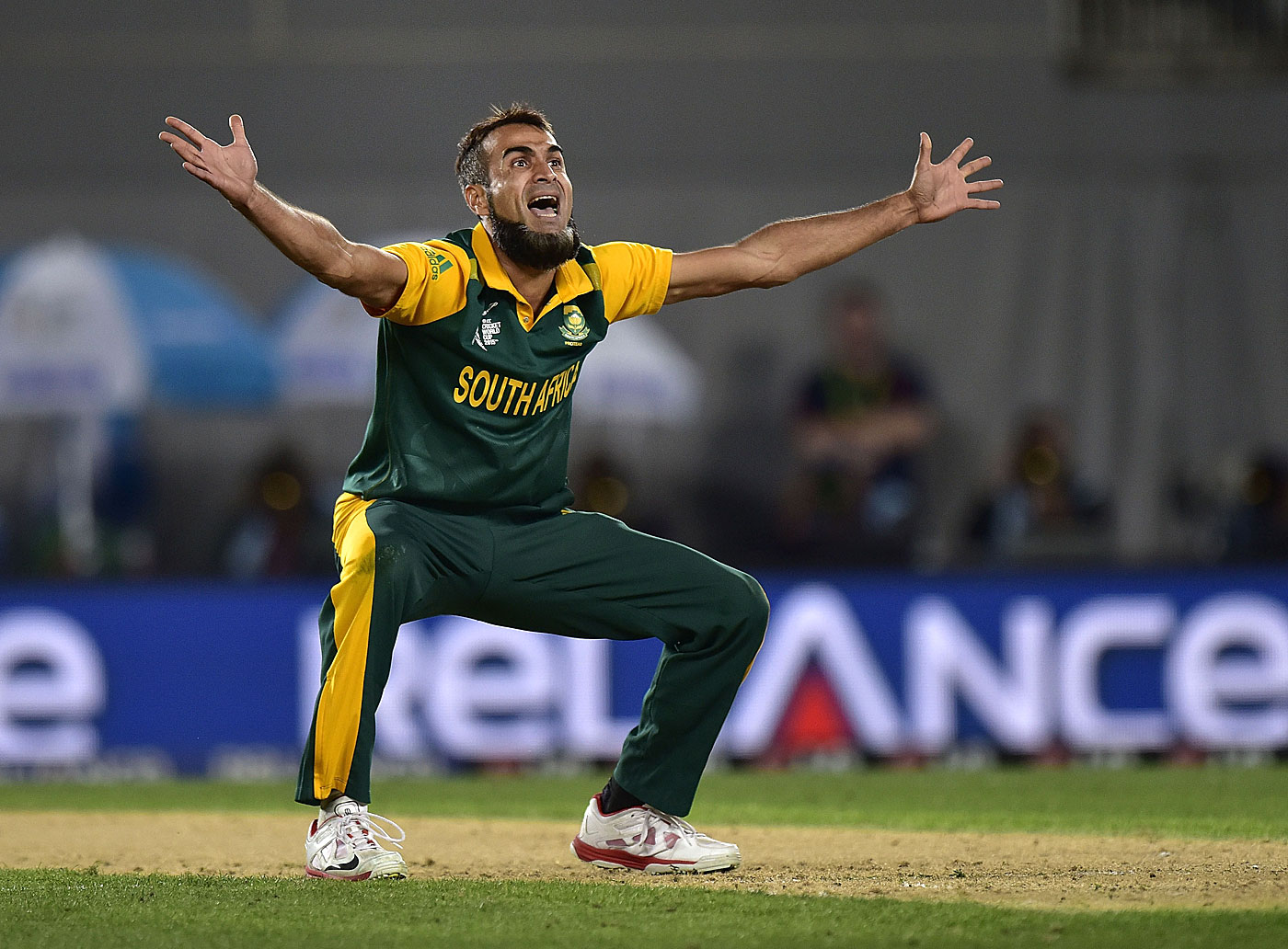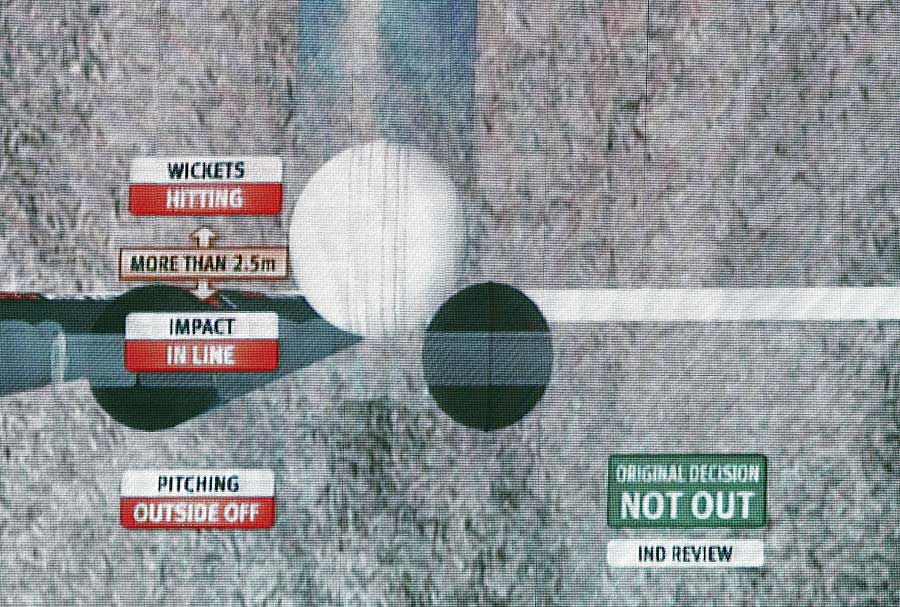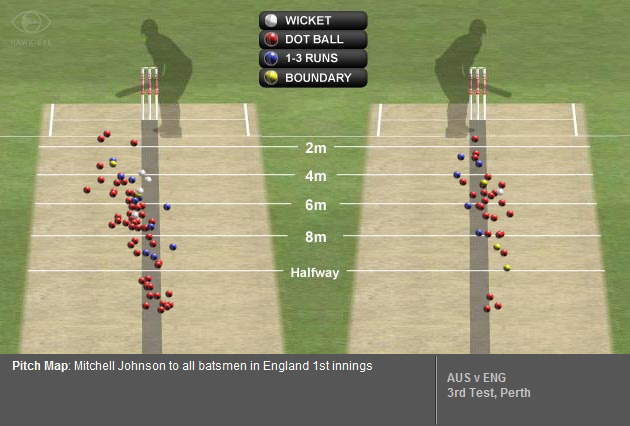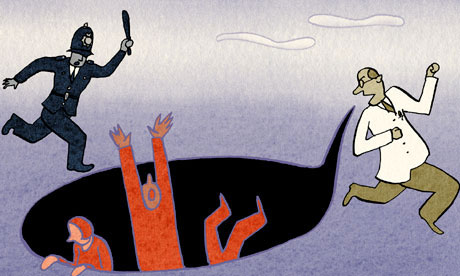WHATEVER people might think about Imran Khan’s words and antics, nobody can deny that he brings a lot of colour and macho swagger to politics.
By making bizarre accusations against rivals, he succeeds in putting them on the defensive while deflecting any criticism of his own course of action. And, like Trump, he shrugs off attacks from the tiny minority of liberal, secular critics who quaintly seek the truth in our political discourse.
And so the PTI circus rolls on from one triumph to the next, lights ablaze and trumpets blaring. In fact, it’s the only show in town, with other parties and politicians providing the chief showman with a series of easy targets. Nawaz Sharif is hit with the charge that he handed over state secrets to the Americans. Proof? That’s a 20th century concept with no relevance to contemporary Pakistani politics.
With just a few months to go until the general elections, you would think Imran Khan would be burnishing his party manifesto, and highlighting the achievements of his party in KP province. Far from it: judging from media coverage, the whole country is fixated on the Great Khan’s marriage proposal to his ‘spiritual guide’.
Frankly, I couldn’t care less about who Imran Khan marries: what happens between two consenting adults should be strictly their business. However, the fact that a national leader, and a serious contender for the country’s most powerful civilian job, should need the crutch of a resident soothsayer is disturbing.
According to breathless media coverage, it was the lady in question who advised Khan to go to the mountain resort of Nathiagali while the Panamagate trial was going on. But do we really want a prime minister who is so gullible? However, Khan is not alone in his superstitions: according to reports doing the rounds at the time, Nawaz Sharif sought guidance from a pir known as Dewana Baba in Mansehra.
We are informed through a report in Dawn from a couple of years ago that Asif Zardari probably managed to complete his term in office thanks to the powers of Pir Ejaz. Apart from this major triumph, he also claims that he was instrumental in enabling Zardari to access the $60 million sitting in Switzerland, and frozen by the authorities pending an investigation.
And let’s not forget the goats: apparently, one animal was slaughtered every day for the duration of the Zardari presidency. The same gent had advised the PPP head honcho to stay near the sea to ward off the evil eye, as well as other supernatural attacks launched by his enemies.
During her second stint as prime minister, Benazir Bhutto was reported to seek guidance from Dewana Baba, Nawaz Sharif’s seer. You’d think that after Sharif’s unceremonious departure, BB would have seen the light. No chance: once bitten by the oracle bug, the victim seeks to guard his spiritual flanks against attacks from the dark side.
It is often insecure leaders who seek the advice of oracles and seers. Lacking confidence in their own decision-making powers, they look to higher powers to guide them. And once you start believing in jinns, you need to counter hostile spirits with your own unseen troops.
But as we know all too well, soothsayers often get it terribly wrong. Just look at what happened to Rajapakse, the Sri Lankan ex-president: there he was, solidly entrenched with well over a year to go in his term of office, when he suddenly called for an early election. Overnight — and much to everyone’s surprise — a fractious opposition coalesced into an effective election machine, and defeated Rajapakse.
It later emerged that he had been advised by his resident oracle that the alignment of his stars predicted victory if he were to call the election a year earlier than they were due. Big mistake. When asked to explain what went wrong, the soothsayer replied that he had guided Rajapakse to victory twice before, and “two out of three” wasn’t a bad record.
In fact, while we pretend to be impervious to such superstitious rubbish, we surreptitiously glance at the horoscope columns in the newspapers to see what the stars say. Many supposedly rational leaders have sought spiritual help in gaining an edge over their rivals. Ronald Reagan’s wife regularly consulted a Californian syndicated horoscope columnist.
Mankind has always looked for help to ward off the terrors of the night when spirits stalk the land, and ghouls and zombies await the unwary. Most belief systems make mention of them in one form or another.

So in this wider context, does it matter that the man who would be prime minister believes in this mumbo-jumbo? Actually, yes. Many years ago, Imran Khan rubbished Darwin’s theory of evolution, overlooking the mass of accumulated evidence that supports it. Is this the man who will give us a ‘naya Pakistan’?

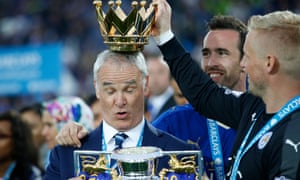
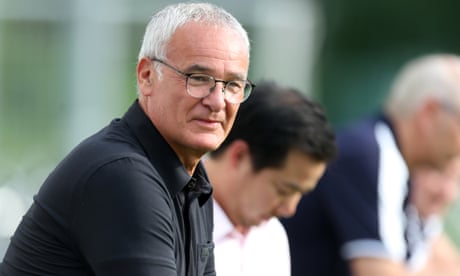

 Michael Foot and Tony Benn Photo: Getty Images
Michael Foot and Tony Benn Photo: Getty Images